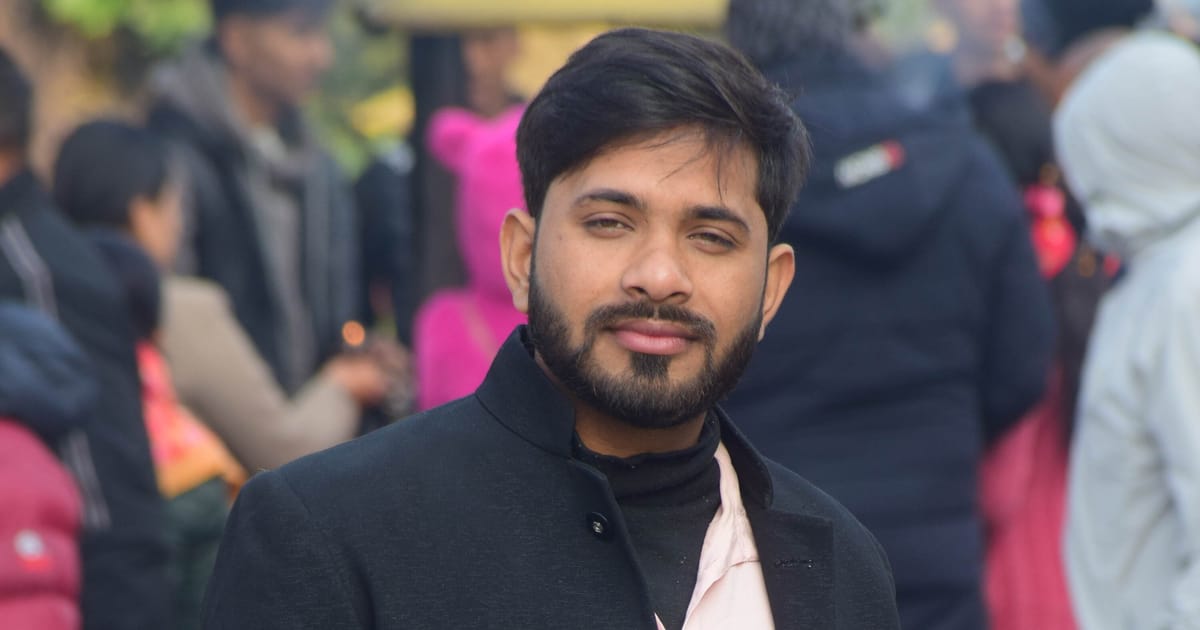Following the tragic events in Pahalgam on April 22, where 26 innocent civilians lost their lives, India sent out seven parliamentary delegations to different parts of the world. Among them, the team led by Shri Ravi Shankar Prasad, senior BJP leader and Member of Parliament, arrived in France to begin a series of diplomatic meetings.
This global outreach is part of Operation Sindoor — an effort not just to respond to the violence but to ensure that the international community hears India’s side of the story clearly.
“India chooses peace,” Shri Prasad said during his address in Paris, “but not when it puts our citizens at risk.”
The Incident That Changed Everything
The Pahalgam incident shook the country. Families on vacation — men, women, and even newlyweds — were targeted by terrorists. The attack wasn’t just a loss of life; it was a reminder that terrorism continues to threaten everyday peace.
But India’s answer wasn’t retaliation for the sake of it. Instead, the government approved Operation Sindoor, a limited and focused military action that targeted only terror training camps — deliberately avoiding civilian locations. This approach reflected India’s discipline and clarity, even under emotional pressure.
What Ravi Shankar Prasad Told the World
In Paris, Shri Ravi Shankar Prasad made a powerful statement: terrorism affects all nations, and it’s time the international community acknowledges the networks behind it.
He recalled India’s historical efforts to maintain peace, despite facing multiple wars and terror attacks over decades. These included the 1971 war, the Mumbai attacks, and incidents affecting public safety and democratic institutions.
“We have always chosen dialogue over conflict. But our patience cannot be mistaken for weakness.”
He urged France and the global community to recognize the importance of a unified response to terrorism, especially when groups responsible have operated from known hubs across borders.
India’s Strategic, Responsible Response
India’s military action under Operation Sindoor followed a well-defined ethical framework:
- No civilian or public infrastructure was targeted.
- Operations were conducted at hours designed to minimize any risk to innocent lives.
- The focus remained solely on terrorist infrastructure.
This showcased India’s responsibility as a democratic nation, highlighting its ability to protect its citizens while adhering to international norms.

Exposing the Structural Problem
Shri Prasad explained that terrorism in South Asia is not isolated or incidental. He described it as state-enabled, citing evidence of protected groups operating openly, despite global sanctions.
He referenced a speech by a neighboring country’s official, who framed the issue in religious and nationalistic terms — a position that undermines peace efforts and fosters division.
“This is not a war between religions or nations. It’s a fight between peace and extremism.”
Building Global Understanding Through Diplomacy
The delegation’s visit included meetings with
- French policymakers and members of parliament
- Strategic think tanks and analysts
- Indian community leaders and professionals
The goal was clear: share India’s perspective, correct misinformation, and gather international support.
Shri Prasad also addressed the Indian diaspora, encouraging them to act as informal ambassadors — sharing accurate information and building goodwill.
“Wherever you are, your voice matters. You carry India’s story — one of democracy, dignity, and peace.”

India’s Values: Peace, Pluralism, and Unity
Shri Ravi Shankar Prasad emphasized India’s secular values, reminding the audience that India is home to one of the world’s largest Muslim populations, living alongside people of all faiths.
“India’s diversity is its strength. Our democracy gives voice to all communities.”
He acknowledged the presence of opposition party members in the delegation — proof that India’s stance against terrorism transcends political lines. Leaders from different ideologies came together to send one message: India stands united.
Combating Narratives: Terrorism Has No Justification
A major part of Shri Prasad’s speech was devoted to dispelling myths and confronting false narratives often seen in global media:
- Terrorism is not about faith — it’s about violence.
- Human rights must include the rights of victims of terror.
- Silence in the face of terrorism should not be mistaken for neutrality.
“This isn’t just India’s problem. It’s the world’s shared responsibility.”

Looking Ahead: What India Expects
In his concluding remarks, Shri Ravi Shankar Prasad called for clear global actions:
- Support India’s stand at forums like the United Nations and FATF.
- Hold groups accountable that incite or protect acts of terror.
- Strengthen cooperation in intelligence sharing, security, and public discourse.

Conclusion: A Message for Peace, With Resolve
India’s delegation in Paris wasn’t about politics — it was about principle. Led by Shri Ravi Shankar Prasad, the delegation showed that India remains open to peace but closed to fear.
From diplomatic tables to public halls, the message was the same: terrorism has no place in a civilized world. And through voices like Shri Prasad’s, India is ensuring that message is heard.
FAQs: India Anti-Terror Diplomacy 101
What is Operation Sindoor?
Operation Sindoor is a post-Pahalgam attack strategic operation launched by India on April 22 with the combined approach of diplomatic outreach and military strikes.
Why was the delegation sent to France?
France forms a vital strategic partnership with India in the counterterrorism field. The delegation had bilateral talks with the French leaders, diaspora, and various institutions with a view towards arriving at a common stand on anti-terror cooperation.
Who led the delegation to France?
The delegation was led by Mr. Ravi Shankar Prasad, Member of Parliament and senior BJP leader. It was a multilateral delegation representing various Indian political parties.
Could this Indian response be called an aggressive one?
No. It was a measured usage of the force on terror outlets, which avoided civilian casualties. The Indian response was directed against only the active terrorist camps at present, with no further escalation.
What role does the Indian diaspora play?
The Indian diaspora will disseminate the factual narrative about India, interface with local communities, and actively participate in combating misinformation.











